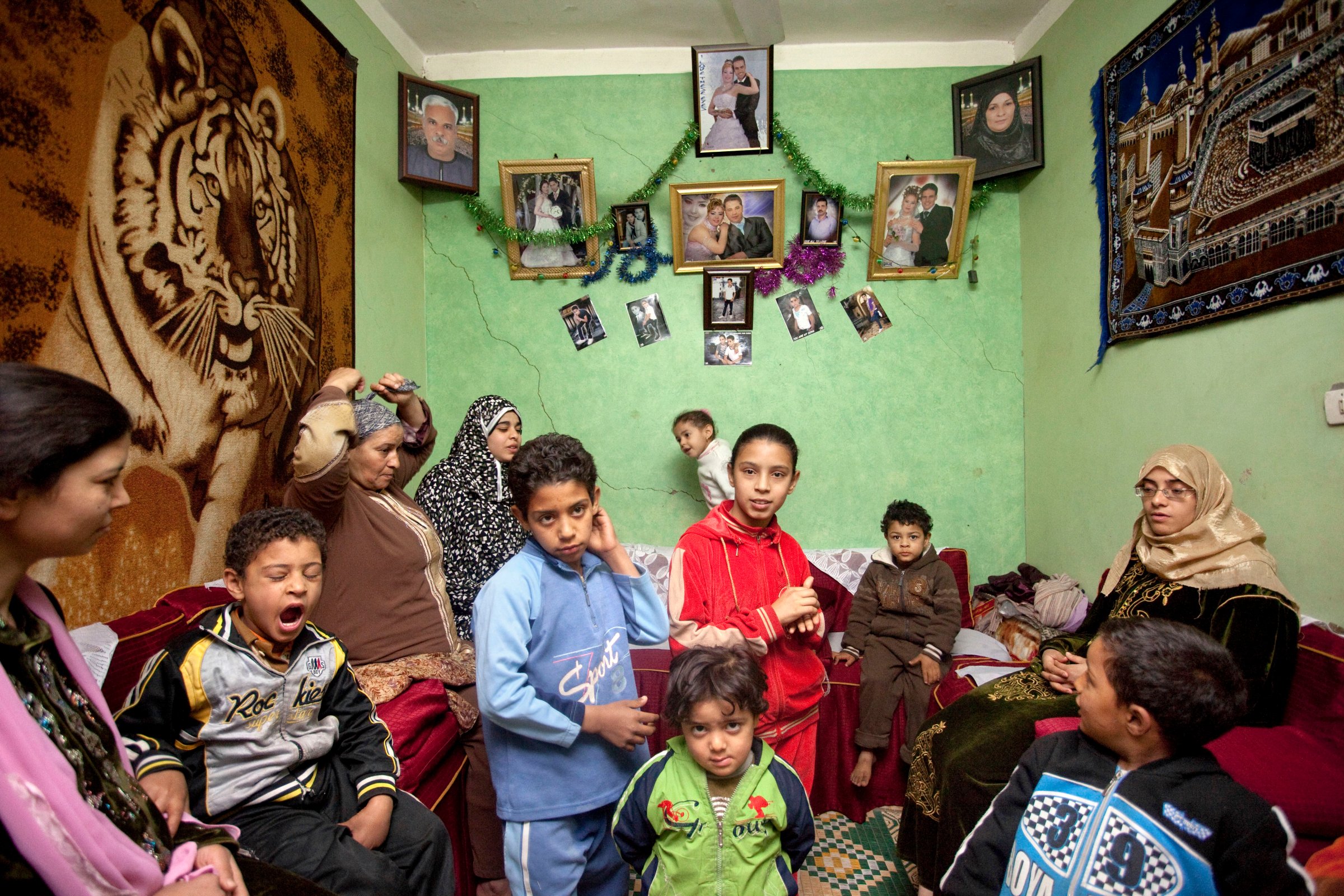
The change demanded by tens of thousands of people in Tahrir Square more than three years ago came quickly and subsided even faster. The leader of three decades, Hosni Mubarak, finally stepped down; a democratic vote put the Muslim Brotherhood at the seat of power; and the nation’s army chief, who helped orchestrate a coup last July, resigned—only to run for president. That turmoil, along with a deadly crackdown on Islamists and attacks on the press, has made progress hard to pin down.
Bieke Depoorter, a photographer based in Ghent, Belgium, found a way to capture the often-unseen reality of a nation collapsing into its past. She would ask people on the streets of Cairo and other areas to stay a night in their homes. In each of her four several-week trips since late 2011, she would spend a few nights photographing, each time with a different family, then take a day off and repeat. She’s been to between 30 and 40 homes but denied entry from far more.
Depoorter, 27, doesn’t know Arabic, but the language barrier hasn’t proven a fault. “By not speaking, just being together, you can really get to know each other in a more thoughtful and real way,” she says. “People give me a lot and I give a lot, and it’s easier with strangers because they know I’m going away the next morning,” she adds. “It’s a very short, intense moment. It’s there and it will never come back.”
She mostly approaches women with her request but has also struck up conversations with others, like older men who were drinking tea. A translator helps her facilitate access, and after that she usually works alone. But as xenophobia has escalated and as a foreigner with a camera, she nevertheless stands out.
One time that meant overhearing a woman, who invited her home, talking hysterically with a neighbor on the phone about her. Depoorter was so concerned she told the woman that she deleted her photos, then went back to her room. She couldn’t leave because of the state-imposed curfew.
Two days later, she went back with her translator. The woman explained that the son of the neighbor, who was visiting the day before, told his father about the camera-wielding foreigner next door. The father had phoned the woman to say Depoorter was a spy, which the woman denied. She and the translator smoothed everything out—to the point that Depoorter admitted she still had a few pictures left from the night—but suspicion like that has been a constant theme for her and others.
Depoorter was once in the predominantly Christian area of Minya, in one of the neighborhoods with her translator, when someone began shouting, “They are spies!” Hundreds of people swarmed around them, but an older man helped the duo to a taxi. It was enough to call off their plans, but the day wasn’t lost. “We were sitting in a park when a woman came over and said her boy wanted to talk in English with us,” she recalls. The woman, a police officer, lated insisted she spend the night in her family’s home.
That’s the real Egypt to Depoorter, a mix of hospitality, curiosity, suspicion and awe. She’s motivated by the small things, how people interact or make their lives together, the impact of a failed revolution. Sometimes she’ll stay awake all night, just taking pictures and observing what’s going on around her. “I think it’s really amazing that people trust me and show their lives,” she says. “Every time they take me home, it’s a surprise.”
Depoorter plans to return soon to continue the project, which pairs well with pictures from similar work she’s done in the U.S. and Russia, the latter of which led to her book Ou Menya. She hopes to show that even when disparities between people are being shown so much, there are undeniable parallels. “People are very similar,” she points out,”when it’s about intimacy and being at home, with family.”
Bieke Depoorter is a photographer and a nominee with Magnum. This project was supported by The Pascal Decroos Fund for Investigative Journalism.
Andrew Katz is a homepage editor and reporter with TIME covering international affairs. Follow him on Twitter @katz.
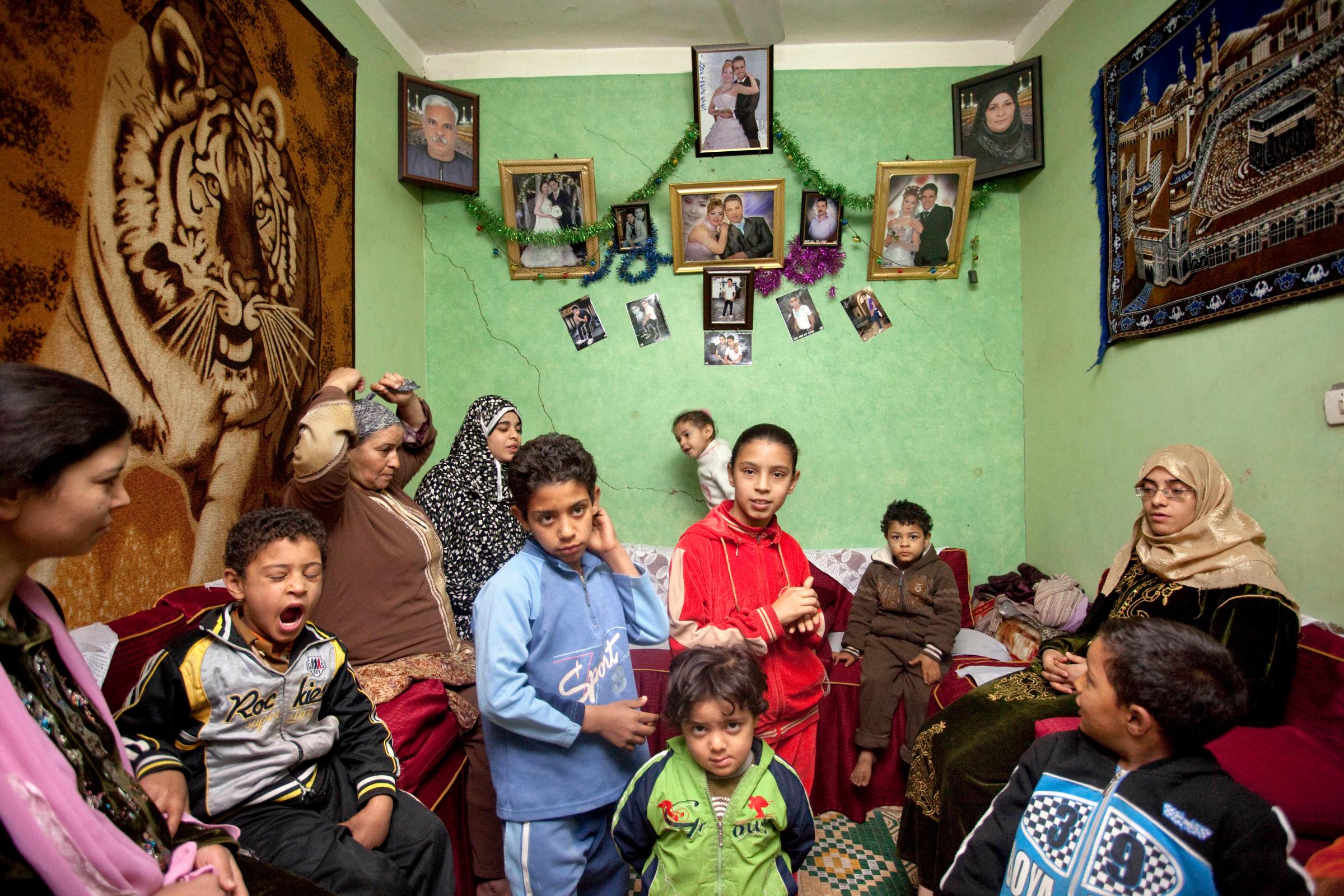
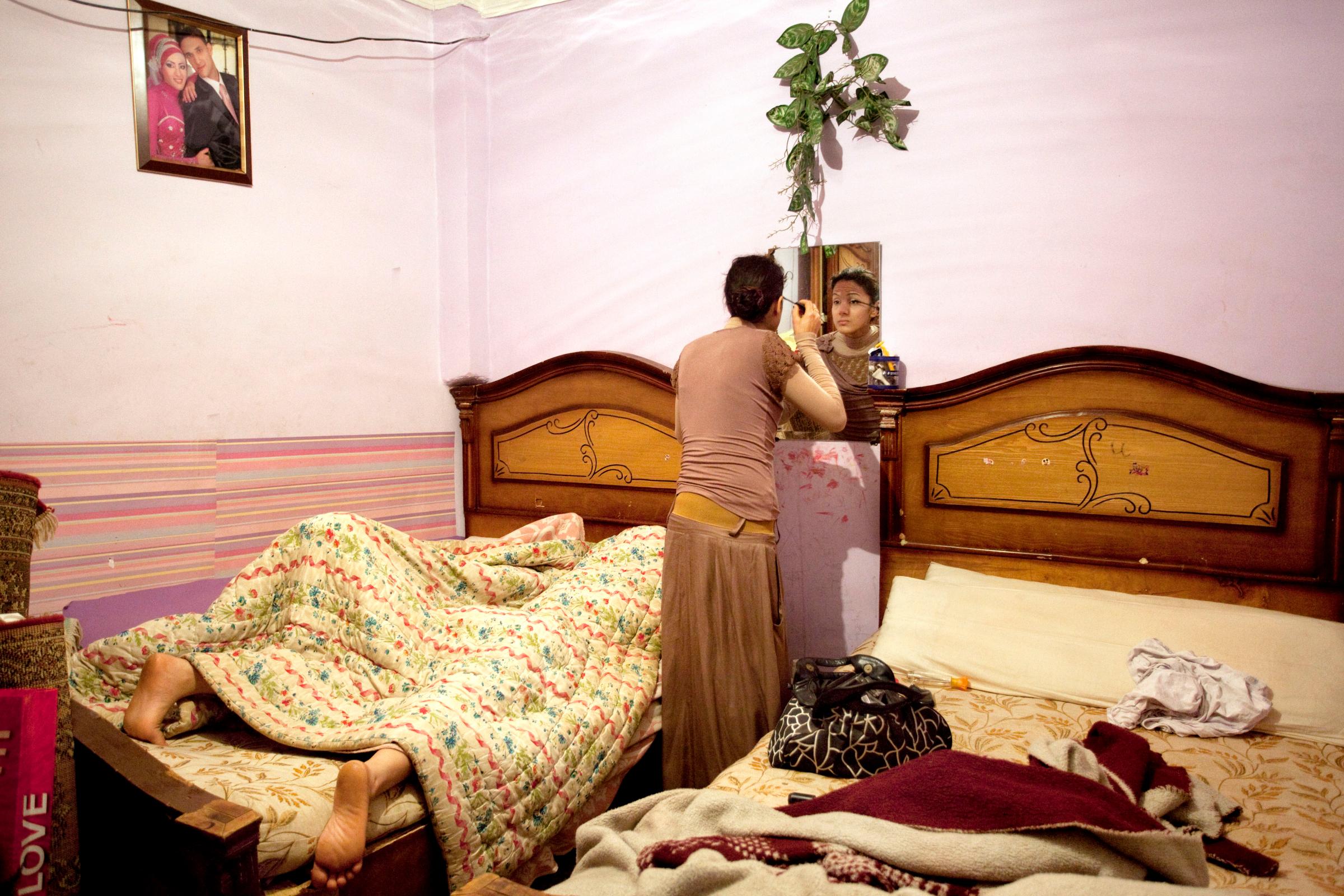
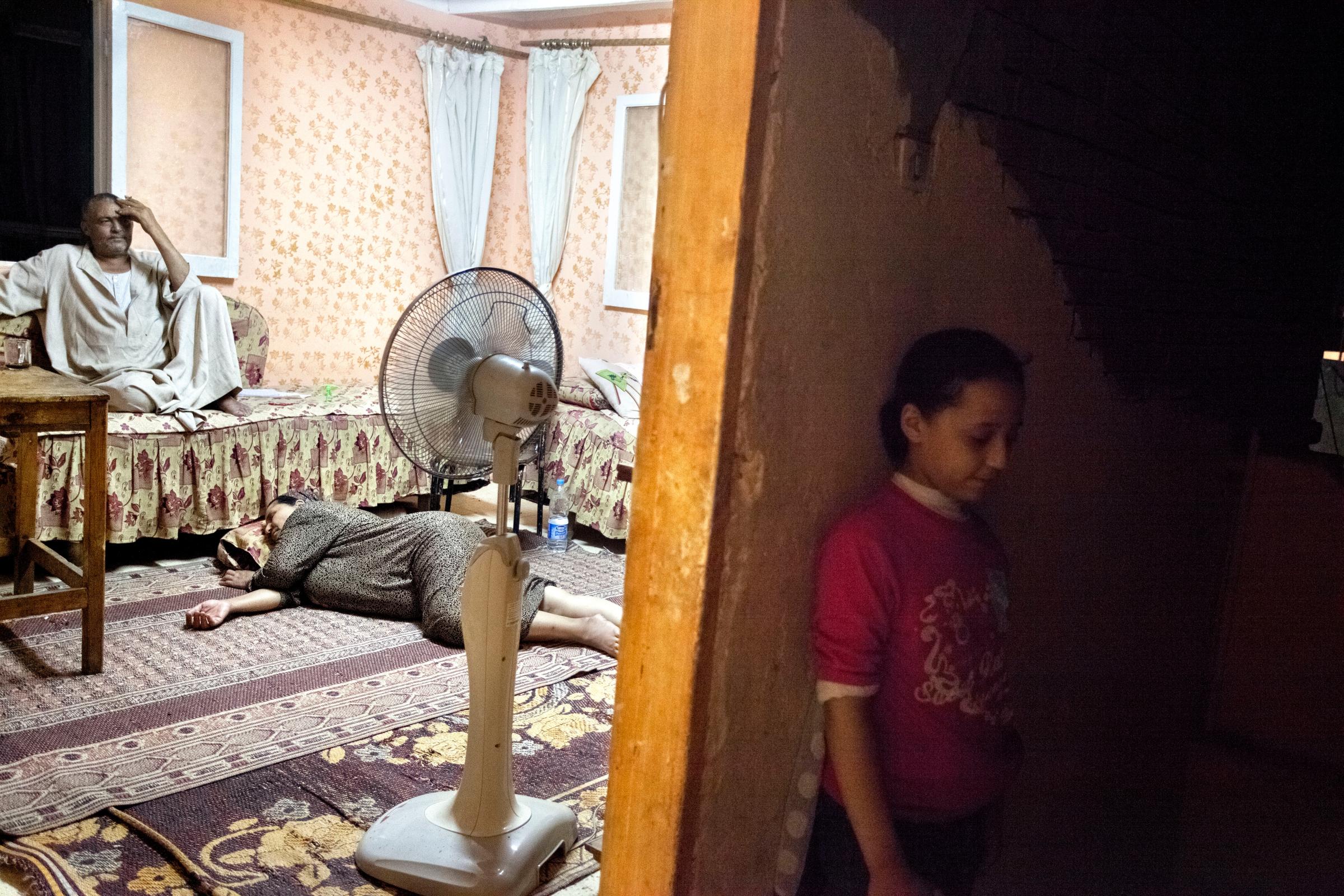
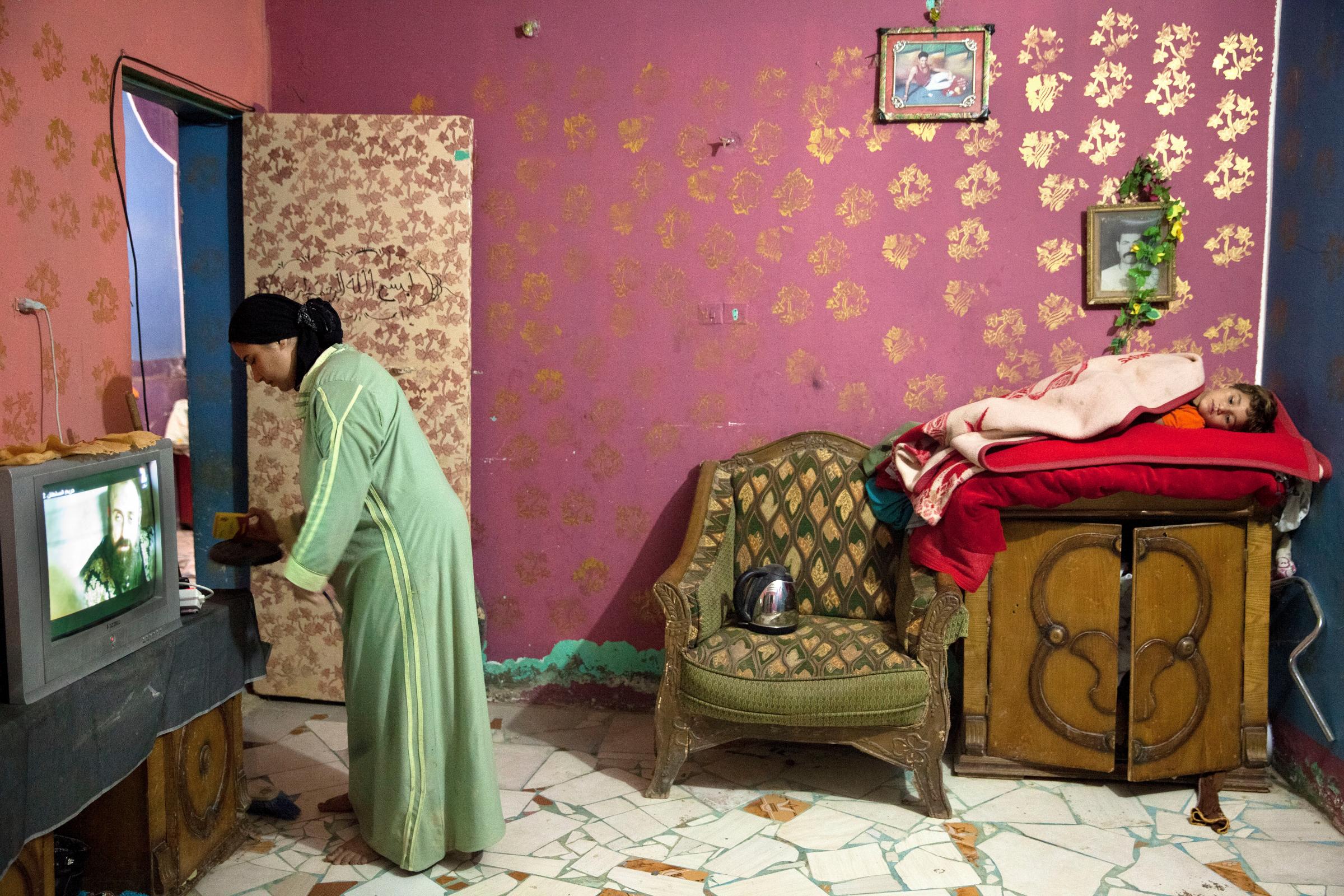
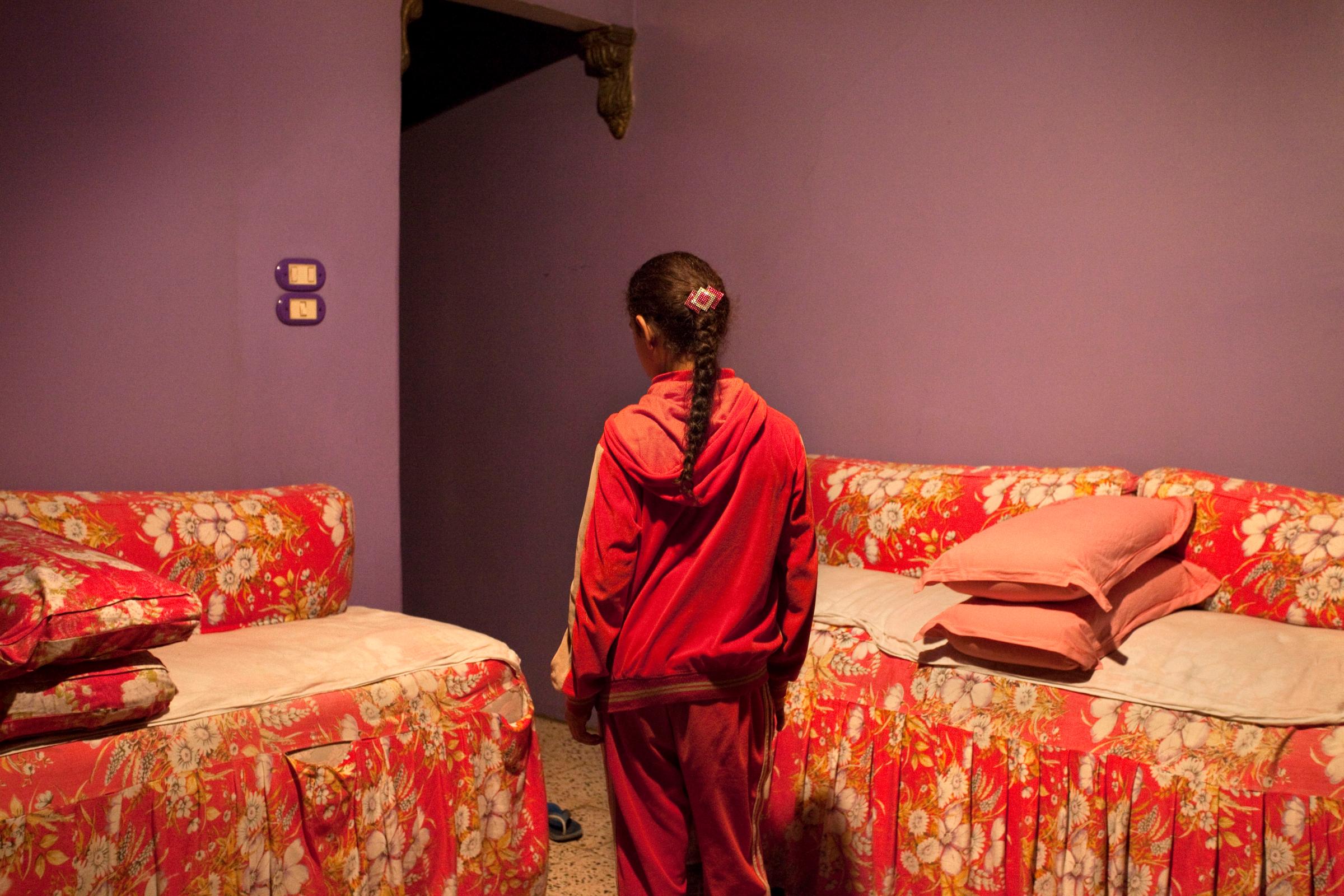
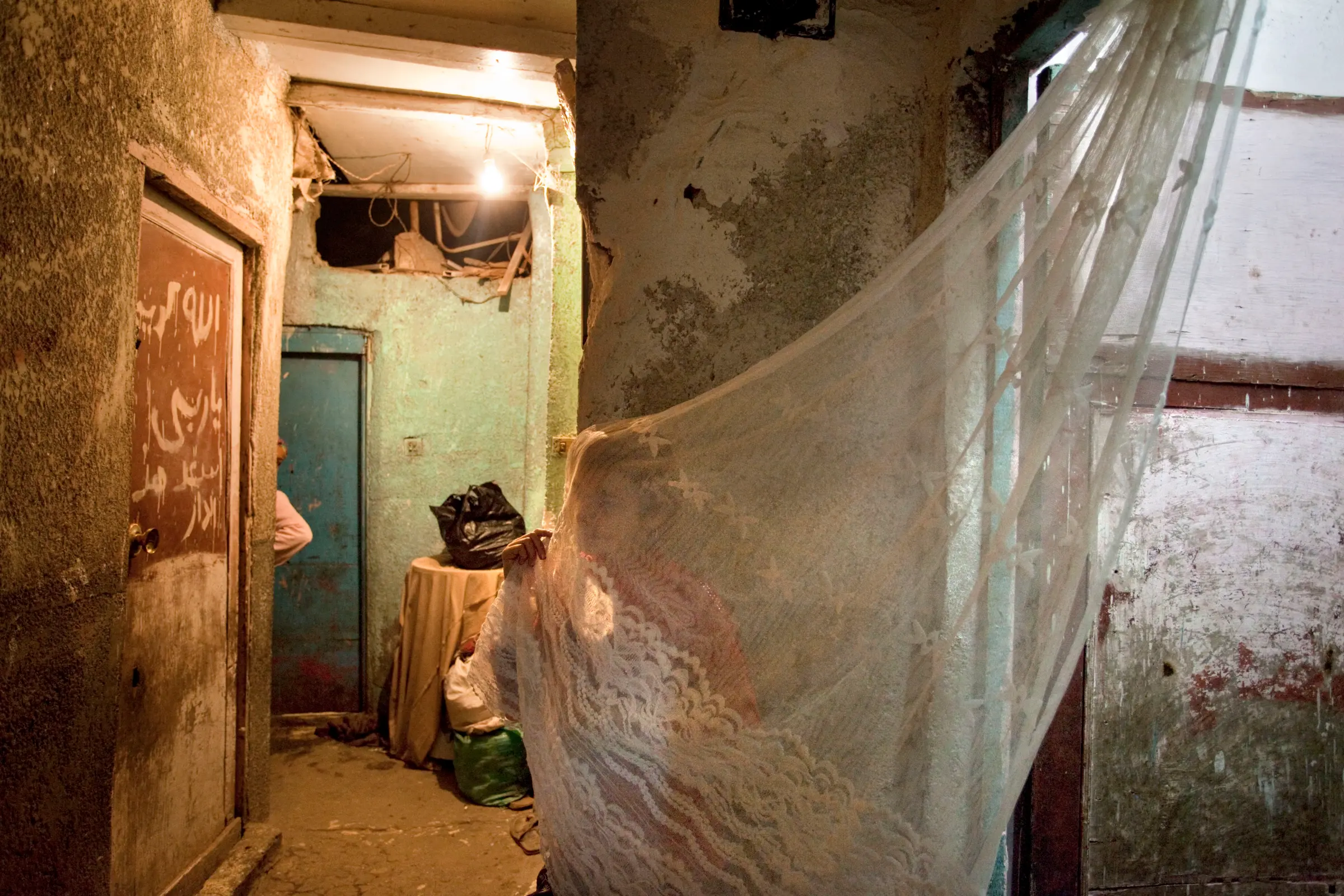
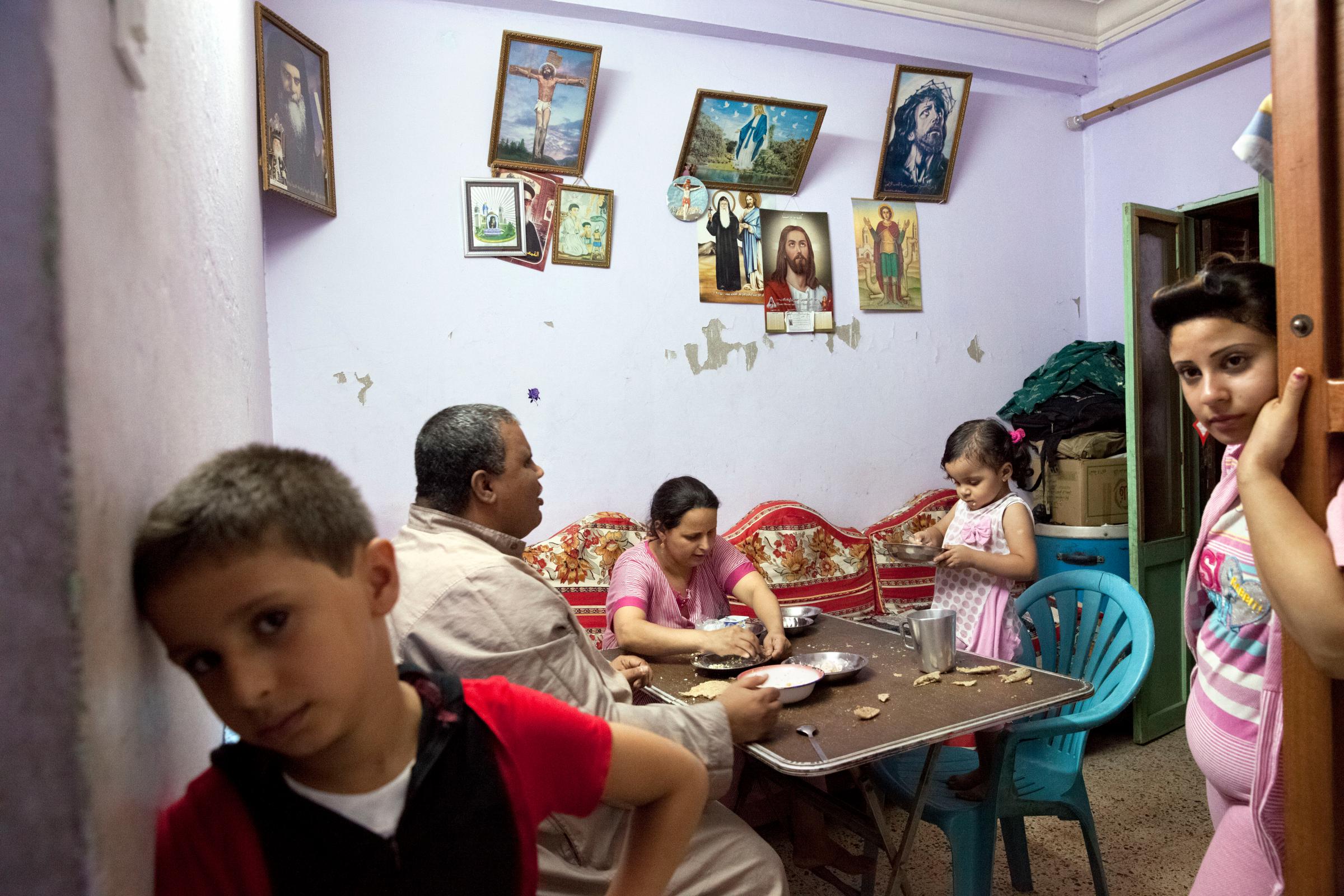
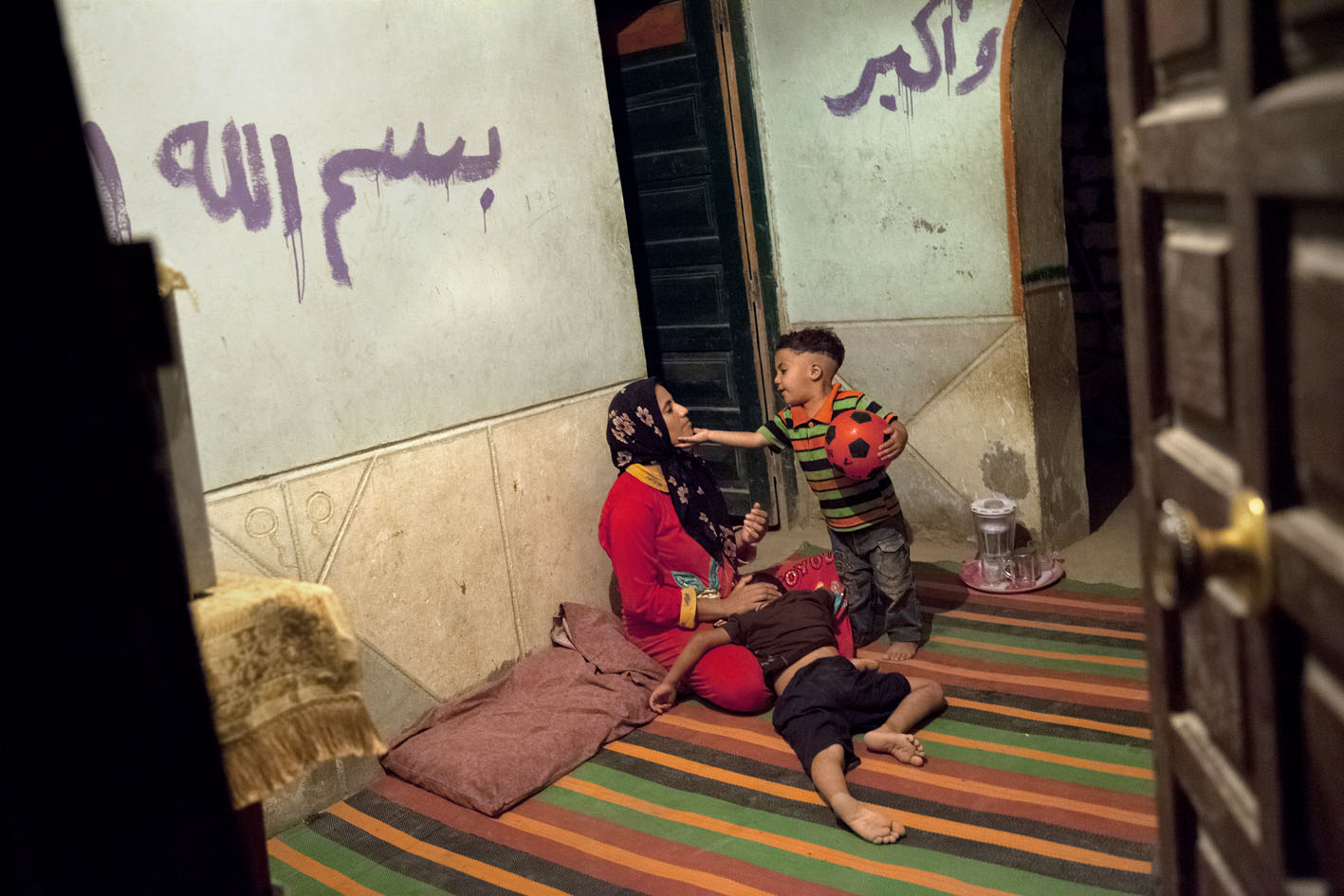
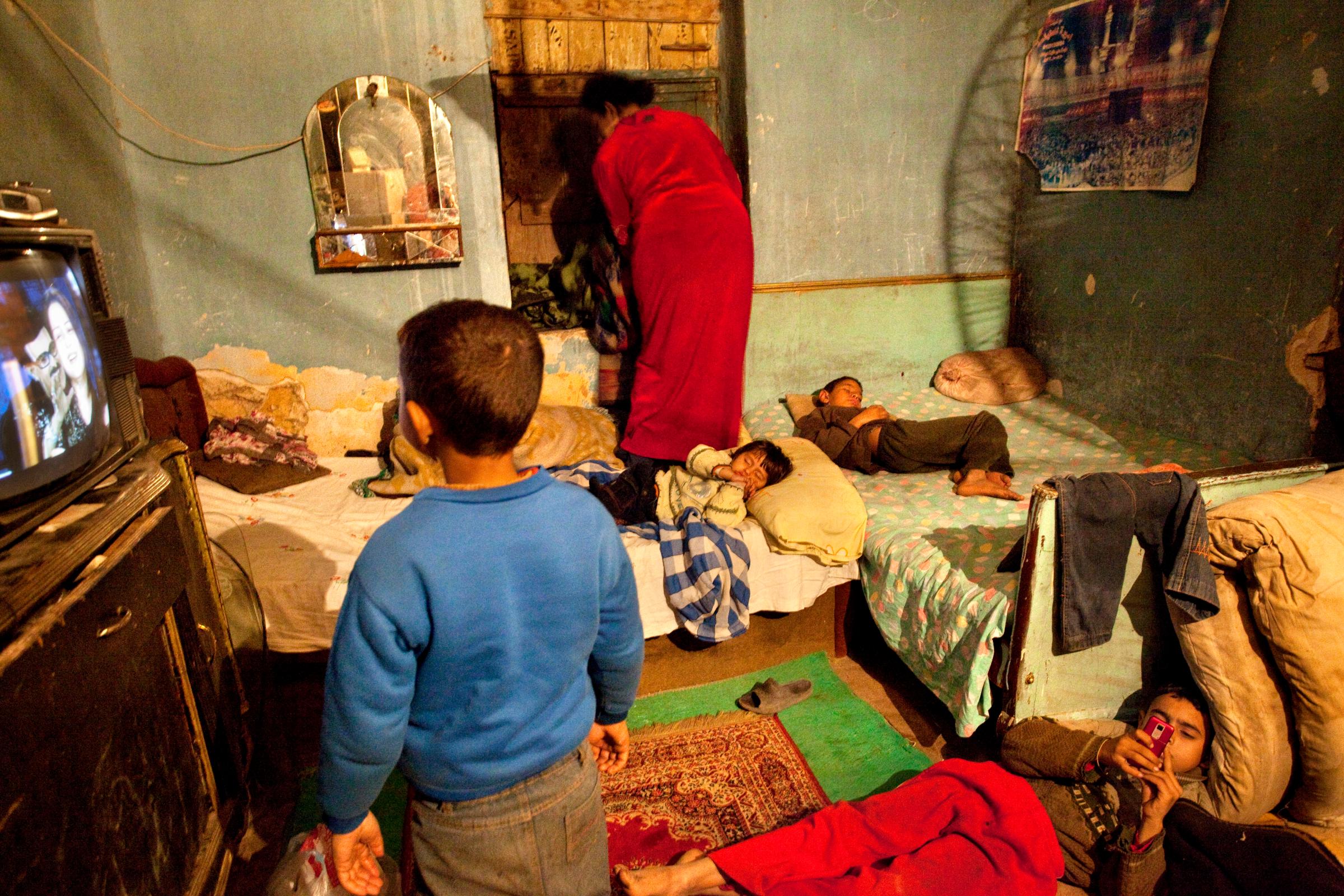
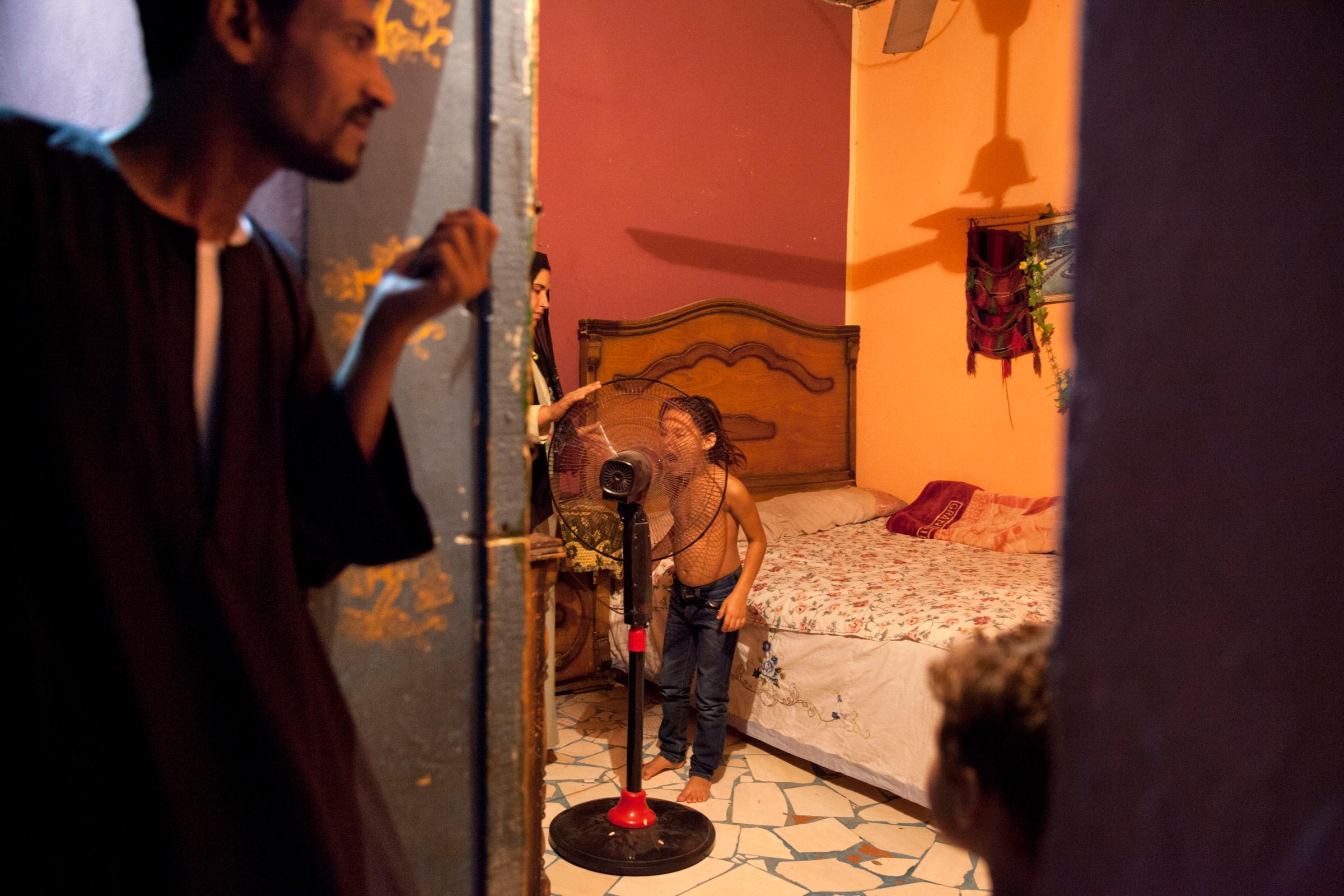
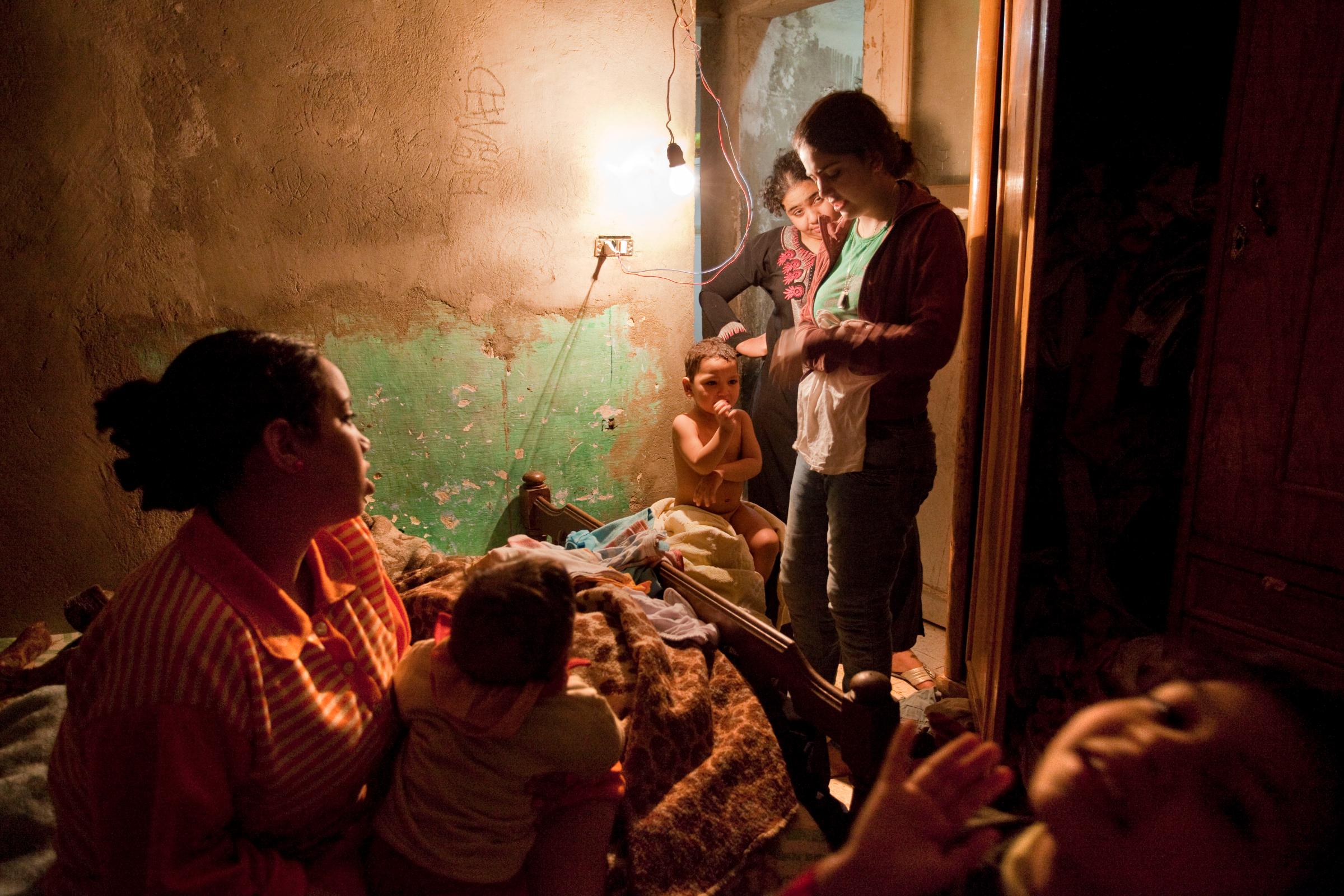
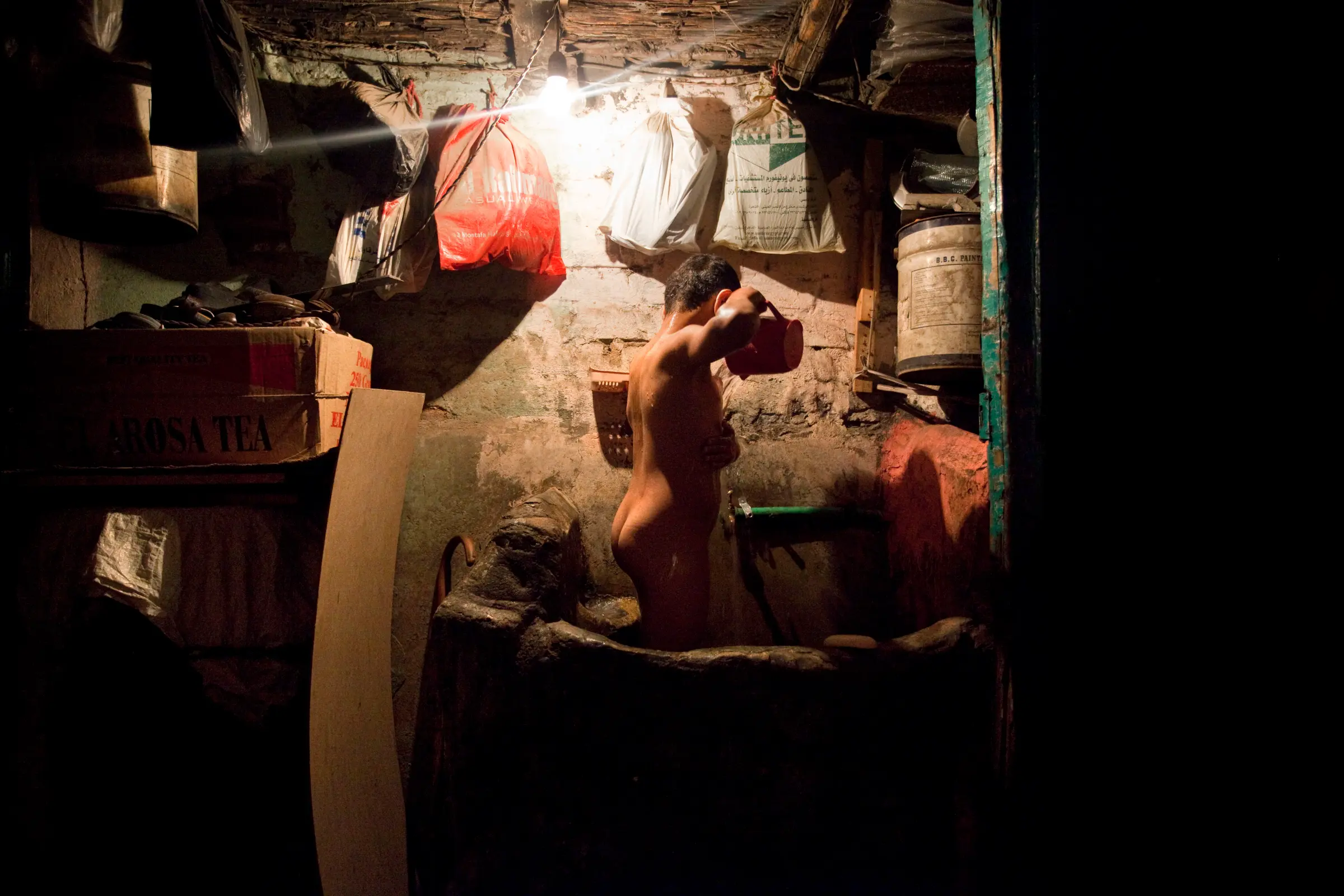
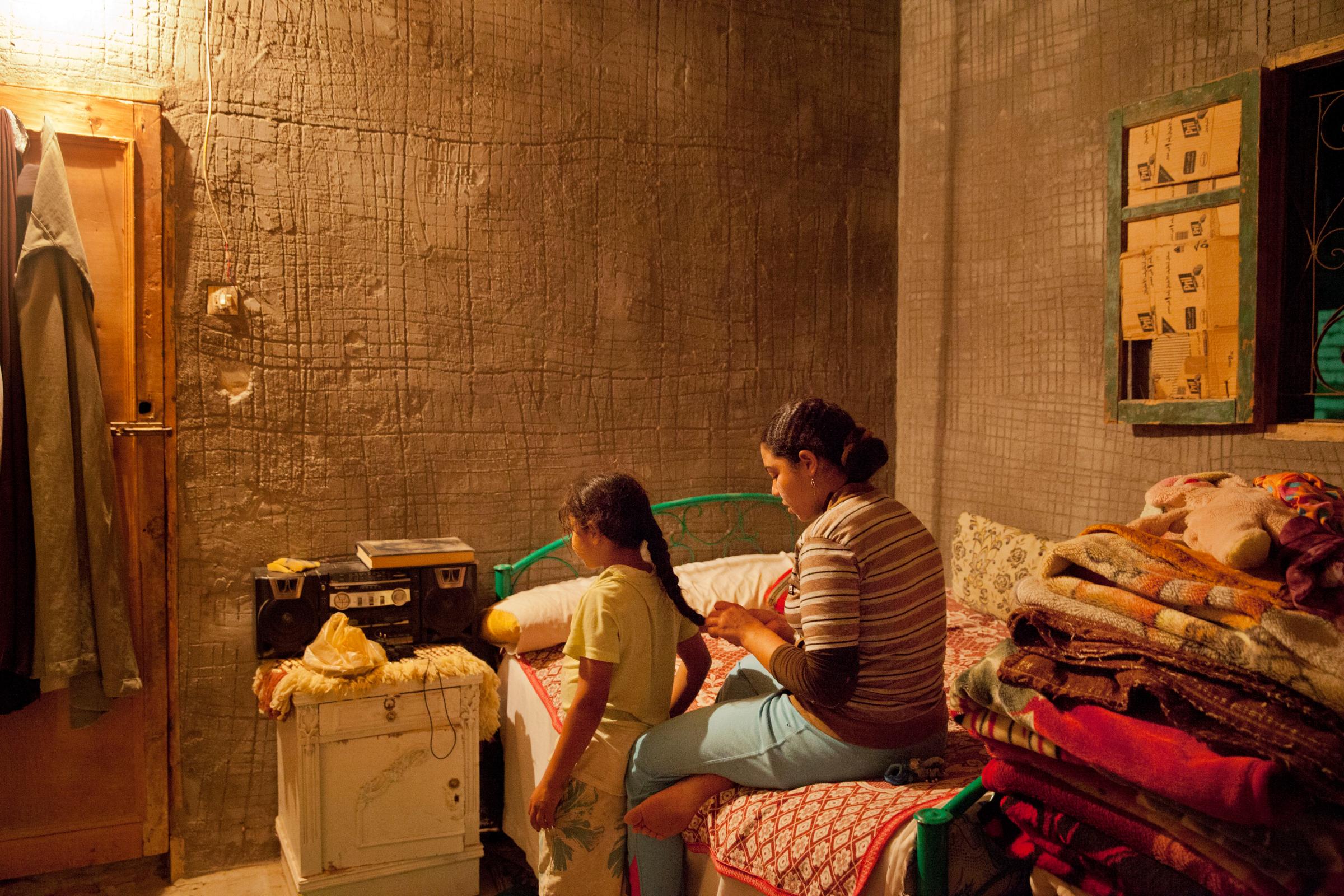
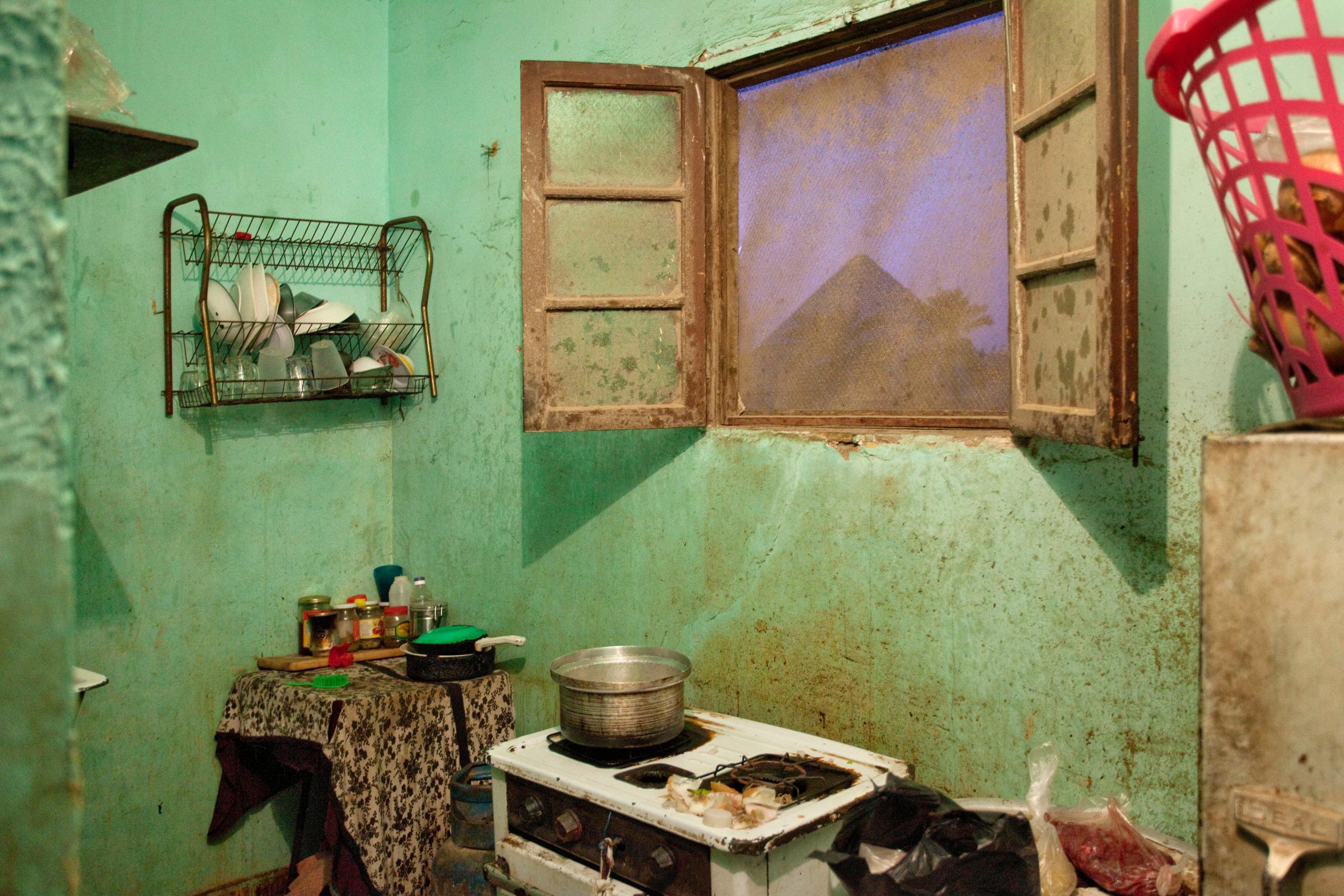
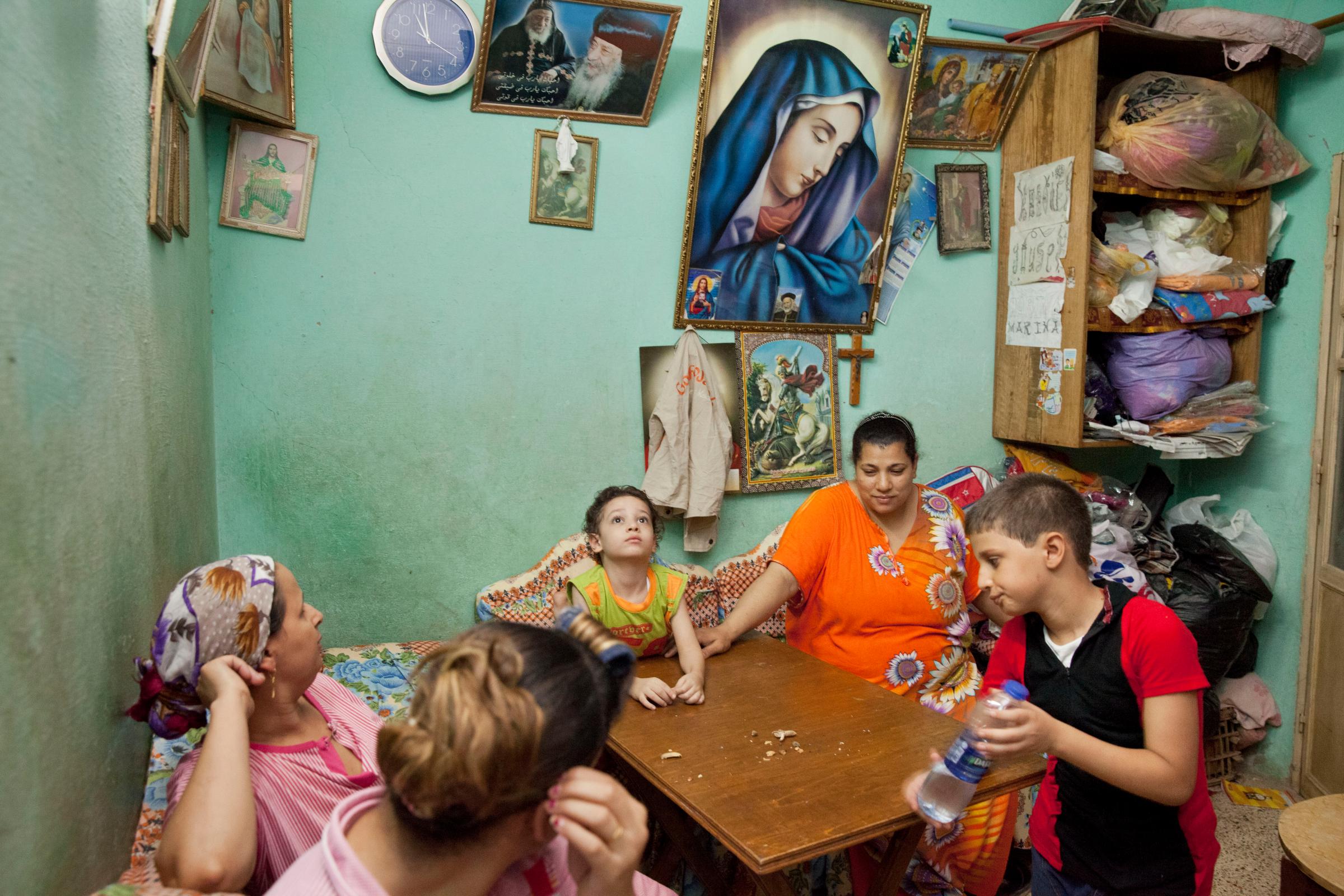
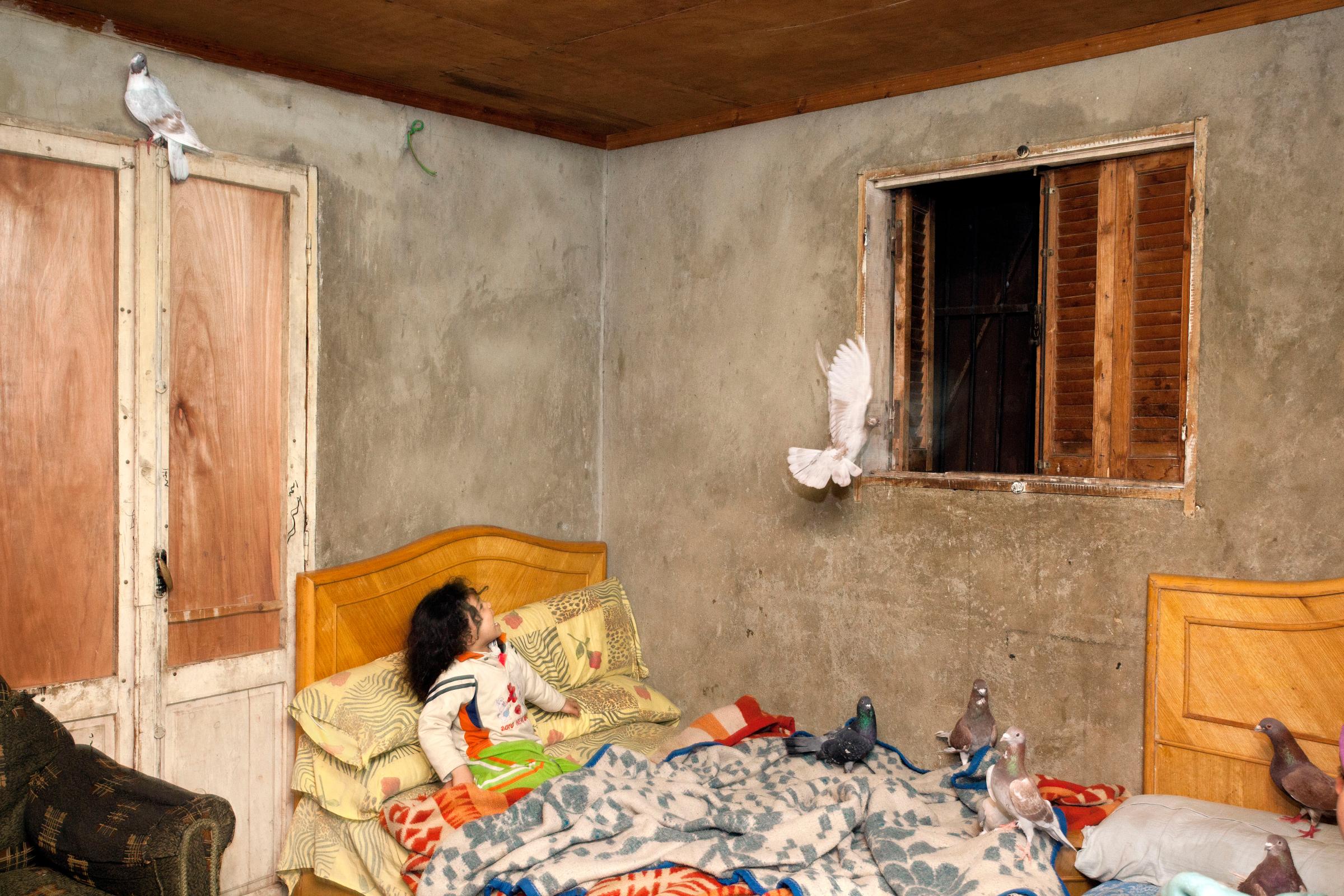
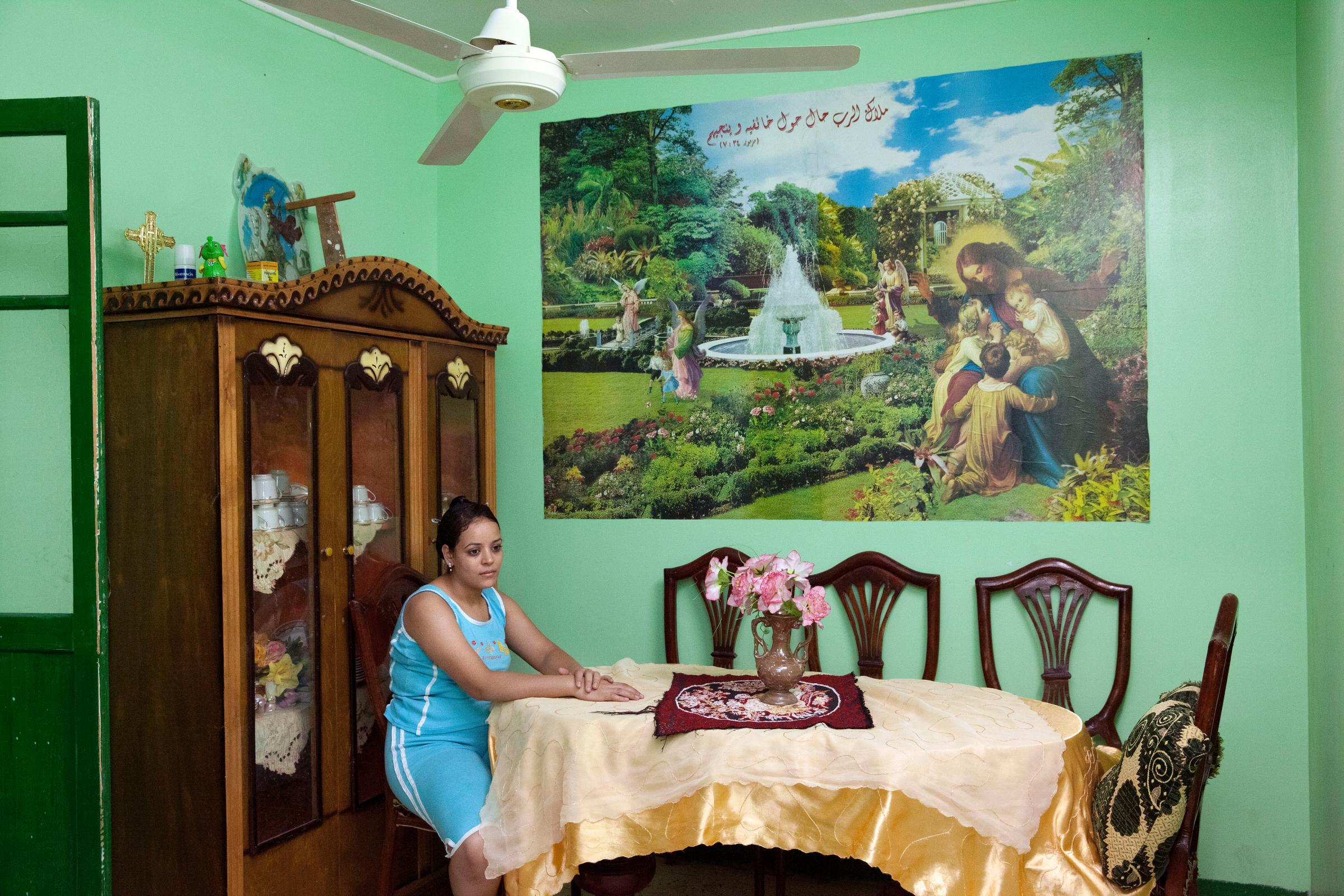
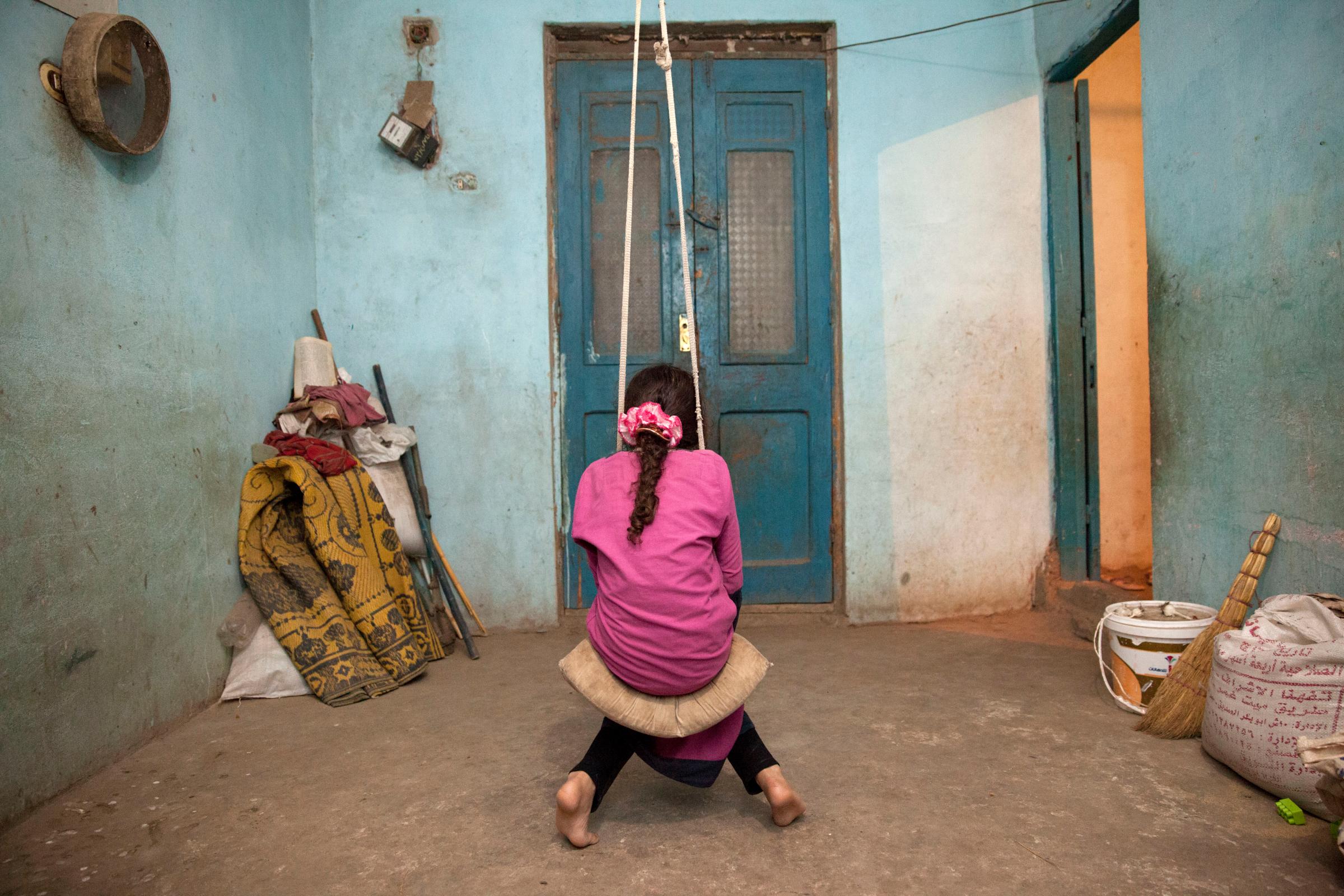
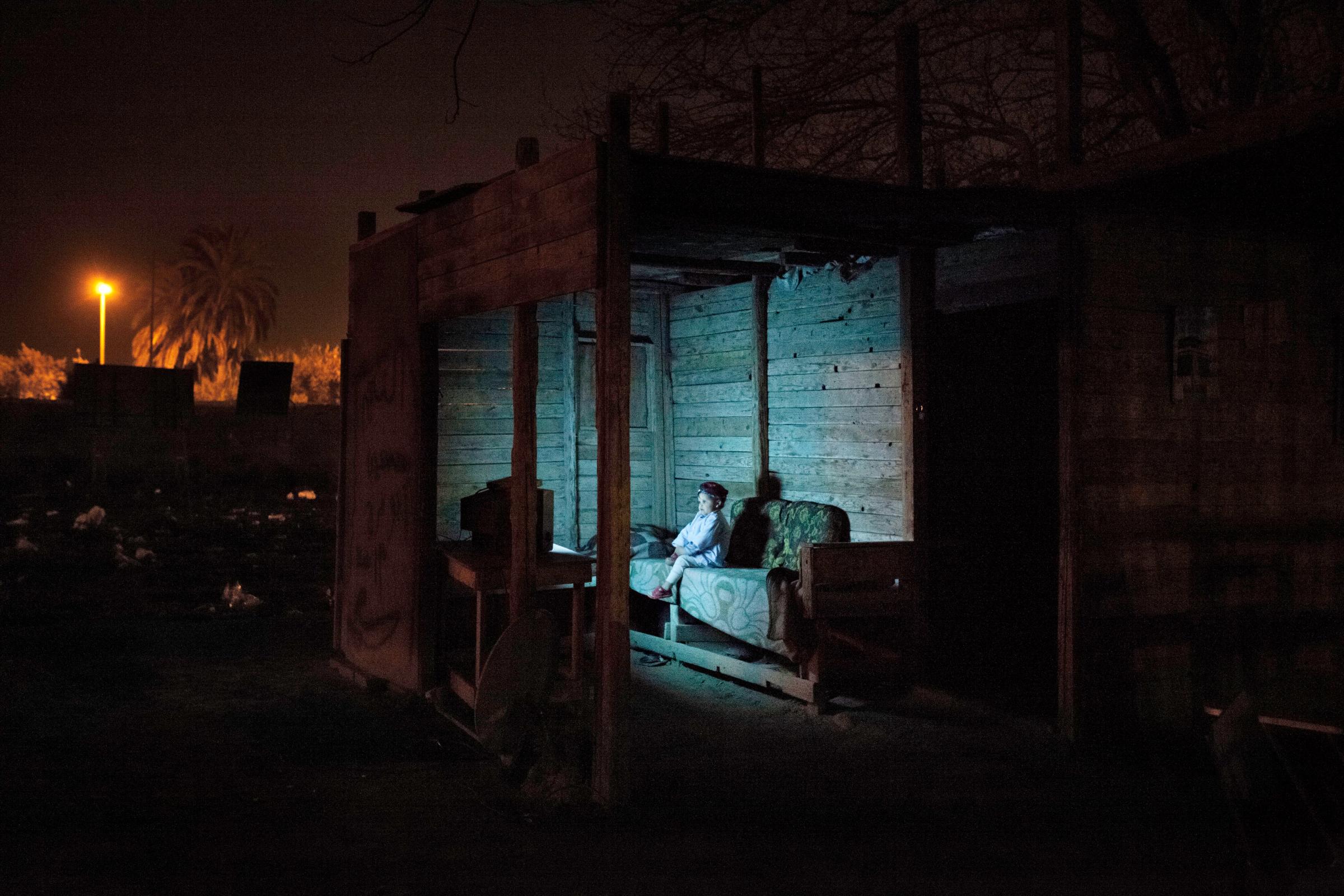
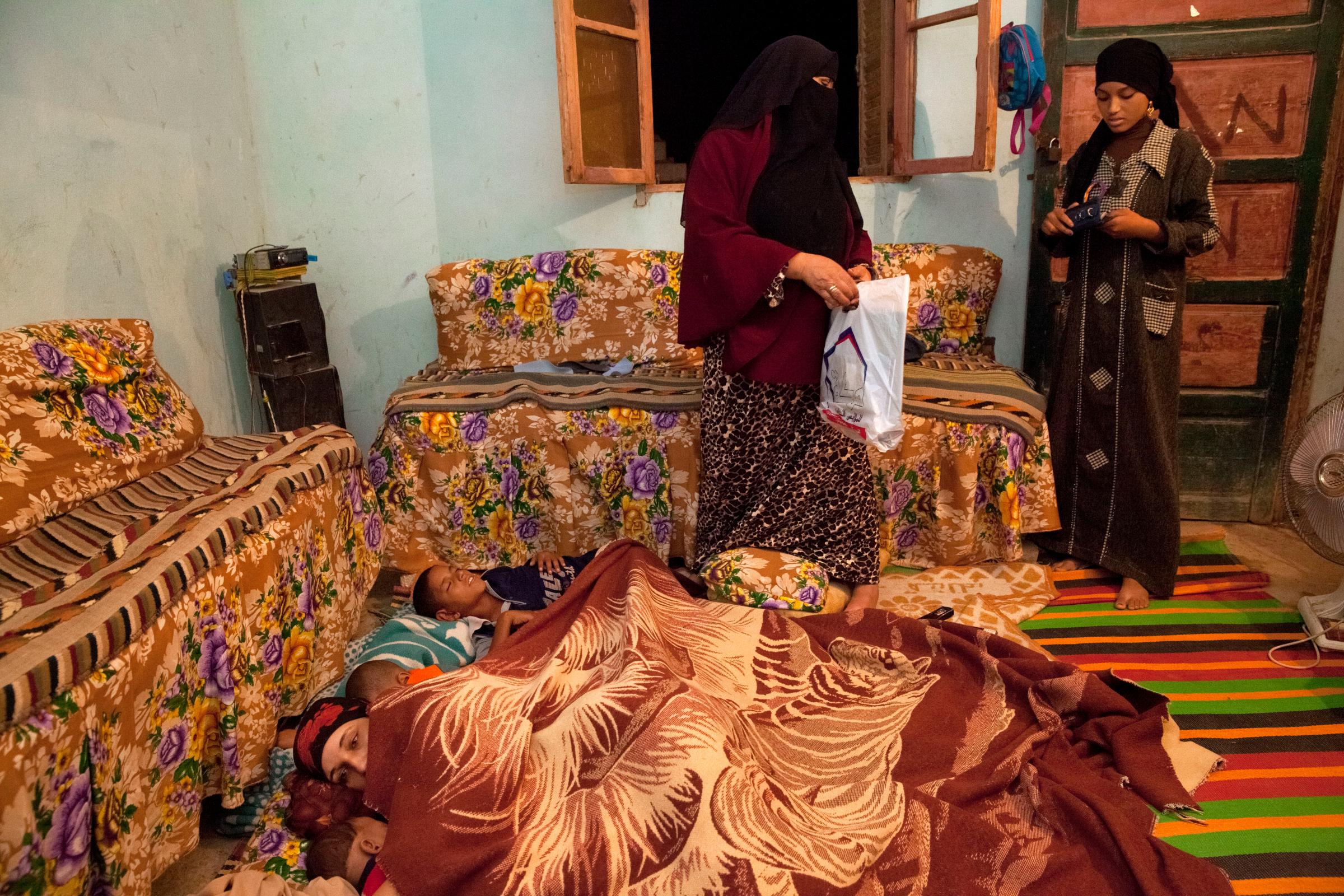
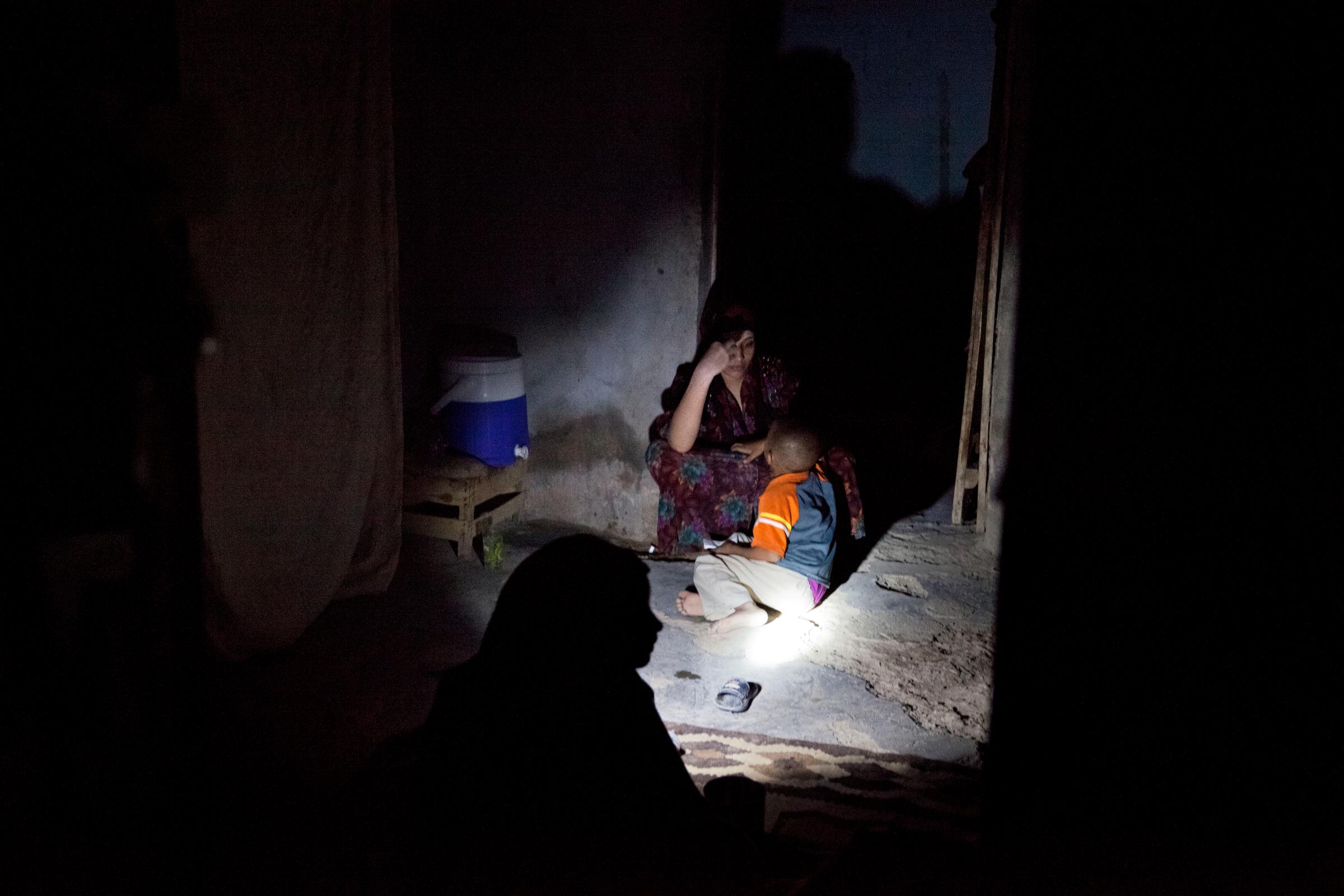
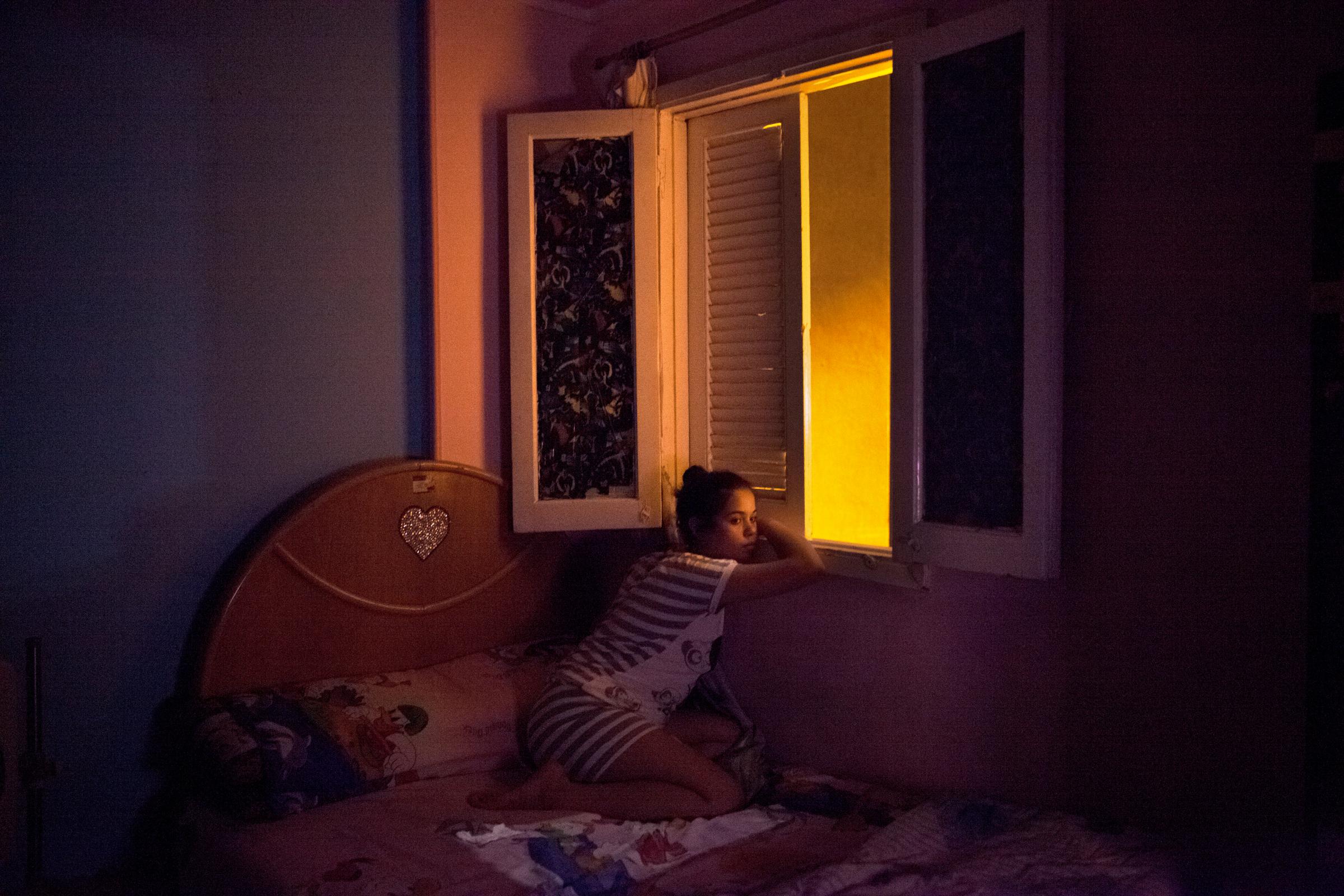
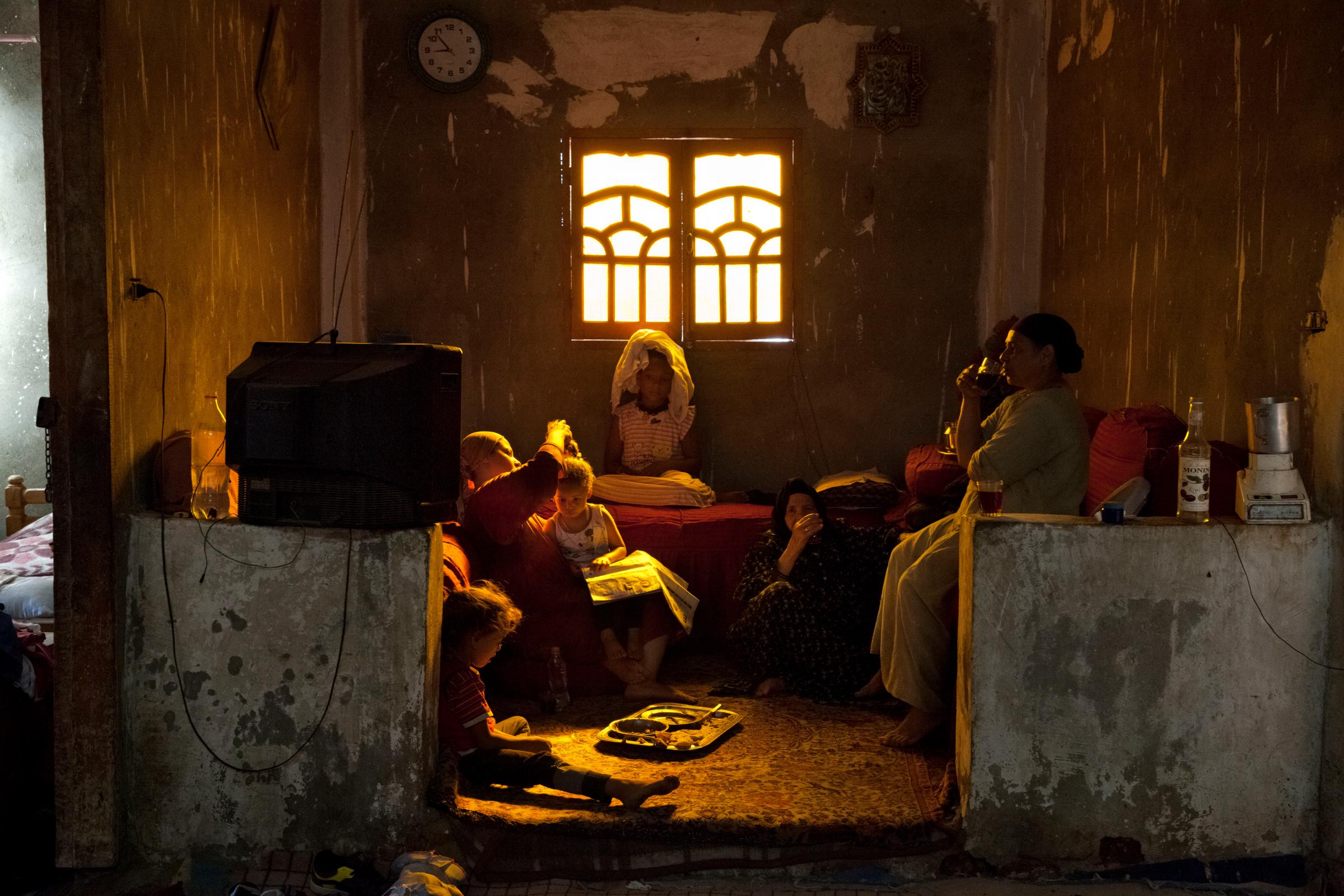
More Must-Reads from TIME
- Inside Elon Musk’s War on Washington
- Meet the 2025 Women of the Year
- The Harsh Truth About Disability Inclusion
- Why Do More Young Adults Have Cancer?
- Colman Domingo Leads With Radical Love
- How to Get Better at Doing Things Alone
- Cecily Strong on Goober the Clown
- Column: The Rise of America’s Broligarchy
Contact us at letters@time.com